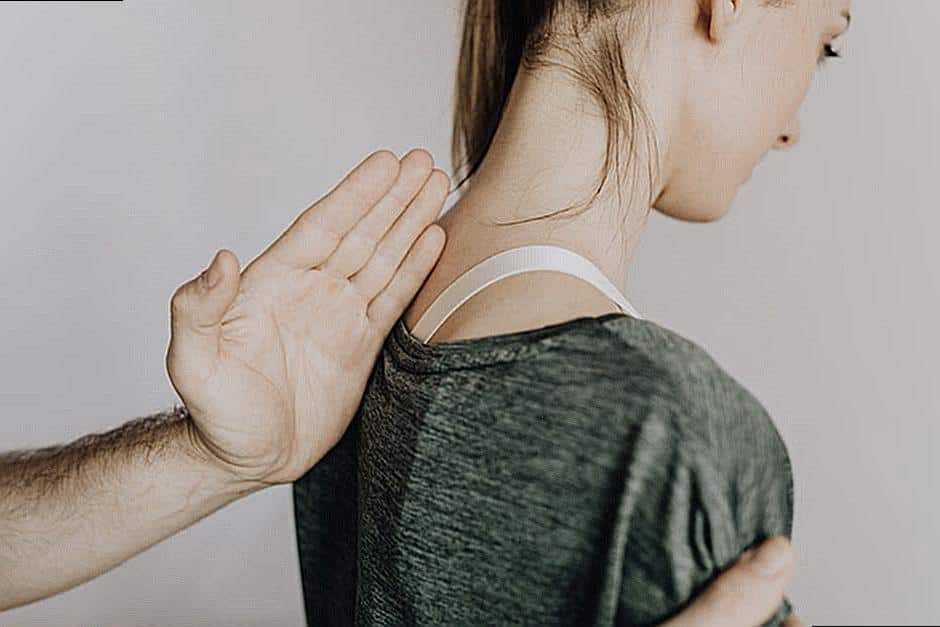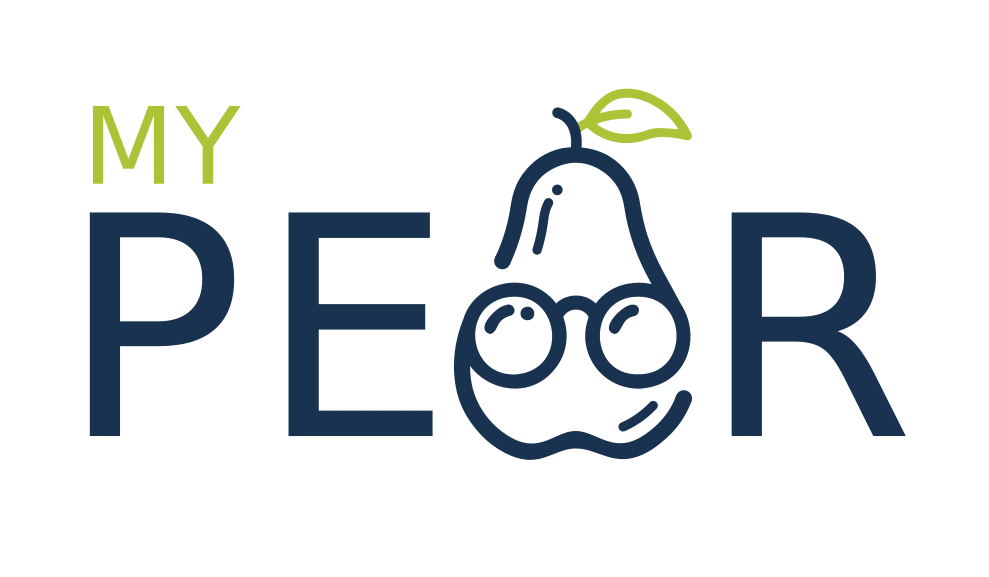Eye care is a critical aspect of overall health, and it is important to take good care of your eyes to ensure that they remain in excellent condition. The eyes are not only the window to the world, but also an important indicator of the overall health status of an individual. In Canada, eye care services are provided by optometrists and ophthalmologists, who are specialized healthcare professionals with the knowledge and skills to diagnose and treat various eye conditions.
Under the Ontario Health Insurance Plan (OHIP), eye care services are covered for eligible individuals. OHIP provides coverage for medically necessary eye examinations for individuals of all ages, including infants and seniors. This means that if you meet the eligibility criteria, you can access eye care services at no cost to you.
OHIP provides coverage for medically necessary eye examinations, including dilated fundus examinations, visual acuity tests, and other diagnostic tests that are required to assess and diagnose various eye conditions. OHIP also covers certain eye treatments, including cataract surgery, corneal transplant surgery, and select laser surgeries.
It is important to note that OHIP does not provide coverage for routine eye exams or eyeglasses or contact lenses. However, certain individuals, such as children under the age of 19 and seniors over the age of 65, may be eligible for additional coverage for these services through other programs.
Overall, OHIP provides important coverage for necessary eye care services for eligible individuals. It is important to stay knowledgeable about OHIP coverage and eligibility to ensure that you can access the eye care services you need when you need them.
What Eye Care Services Are Covered By Ohip?
Ontario Health Insurance Plan (OHIP) covers a range of eye care services, including eye exams, some diagnostic and treatment procedures, and follow-up appointments for certain eye conditions. OHIP covers medically necessary eye care services that are considered essential for maintaining or improving a patient’s vision and overall eye health.
Some of the eye care services covered by OHIP include:
1. Eye Exams: OHIP covers the cost of one eye exam every 12 months for individuals aged 20-64, and one eye exam every 12 months for individuals aged 65 and older, as well as those under 20 or over 64 with specific medical conditions affecting the eye.
2. Diagnostic Procedures: OHIP covers various diagnostic procedures such as corneal topography, optic nerve photography, and visual field testing to diagnose eye conditions.
3. Treatment Procedures: OHIP covers certain medically necessary treatments such as laser therapy for retinal disease, glaucoma surgery or cataract surgery when required.

4. Annual Follow-Up Appointments: after cataract surgery, OHIP covers annual follow-up appointments with an ophthalmologist.
How Often Does Ohip Cover An Eye Exam?
OHIP covers one complete eye exam every 12 months for individuals aged 20-64, and for individuals aged 65 and older as well as those under 20 or over 64 with specific medical conditions affecting the eye. This means that if you have had an eye exam in the last 12 months, you will need to wait until the 12 months have passed before booking another OHIP-covered exam.
Who Is Eligible For Free Eye Exams Under Ohip?
OHIP covers one complete eye exam every 12 months for individuals aged 20-64 if you have an eligible eye condition, and for individuals aged 65 and older as well as those under 20 or over 64 with specific medical conditions affecting the eye.
In addition, OHIP also covers eye exams for individuals who are referred by their family doctor or ophthalmologist for specific medical reasons such as glaucoma or diabetes.
What Is The Cost Of An Eye Exam Under Ohip?

OHIP covers the full cost of one complete eye exam every 12 months for eligible individuals. This means that if you are eligible for an OHIP-covered eye exam, you will not have to pay anything out of pocket for the exam.
However, OHIP does not cover the cost of certain additional services such as retinal imaging or prescription eyeglasses.
Can Ohip Cover The Cost Of Glasses Or Contact Lenses?
No, OHIP does not cover the cost of prescription eyeglasses, contact lenses, or any other vision correction devices. Patients who require glasses or lenses should pay for them out of pocket, or with the help of private insurance plans.
Where Can I Find An Optometrist That Accepts Ohip?
You can find an optometrist that accepts OHIP by searching online for a list of OHIP-covered eye care providers in your area. Alternatively, you can ask your family doctor, a local community health center, or a local hospital for a list of OHIP-covered eye care providers.
Will Ohip Cover The Cost Of Eye Surgery?
OHIP covers the cost of medically necessary eye surgeries such as cataract surgery, glaucoma surgery, and some laser therapy procedures when required. However, OHIP does not cover the cost of elective or cosmetic eye surgeries, and patients who opt for such procedures must pay for them out of pocket, or with the help of private insurance plans.
What Is The Process To Get An Ohip-Covered Eye Exam?
To get an eye exam covered by OHIP, you must first book an appointment with an OHIP-approved eye care provider such as an optometrist or an ophthalmologist. You can book an appointment with an OHIP-approved eye care provider by calling them directly or booking online.
When you book your appointment, make sure to mention that you would like an OHIP-covered eye exam to avoid any confusion about the cost of the exam.
Can Ohip Cover The Cost Of Treatment For Eye Diseases?
Yes, OHIP covers the cost of medically necessary treatments for eye diseases such as glaucoma, retinal detachment, or macular degeneration. However, OHIP does not cover the cost of treatments for cosmetic issues or elective procedures. Patients who require such treatments can either pay for them out of pocket or with the help of private insurance plans.
What Documentation Do I Need To Bring To An Ohip-Covered Eye Exam?
When you visit your OHIP-covered eye care provider for an eye exam, you should bring your valid Ontario Health card and any other identification documents that your provider might request. If you have a family doctor or an ophthalmologist, you should also bring any previous medical records or eyeglass prescriptions that you might have. This will help your provider better assess your eye health and provide you with the necessary recommendations and treatment options.

Conclusion
In conclusion, Eye Care Under Ohip provides essential coverage for the diagnosis and treatment of eye health issues for individuals in Ontario. The program covers a range of services, including eye exams, diagnostics, and surgical procedures for eligible recipients who meet the requirements of the program.
OHIP recognizes the importance of maintaining good eye health, and consequently, it offers a range of services to ensure that Ontarians receive the medical attention they require. OHIP coverage extends to all Ontario residents, many of whom benefit significantly from regular eye examinations and prompt treatment for any issues detected.
Eye Care Under Ohip has made it possible for individuals who would otherwise not have been able to afford the high cost of comprehensive eye exams and treatments to receive necessary care. This program has been instrumental in ensuring that every Ontarian has access to essential services that promote healthy vision and prevents the onset and progression of eye-related diseases.
In conclusion, the Eye Care Under Ohip program is an essential resource that provides access to quality eye care services for Ontarians. The program is an integral part of the Ontario healthcare system and highlights the government’s commitment to ensuring the health and wellbeing of the province’s residents. Through this continuous support, OHIP has taken a significant step forward in ensuring Ontarians’ eye health for generations to come.
Some of the eye care services covered by OHIP include:
1. Eye Exams: OHIP covers the cost of one eye exam every 12 months for individuals aged 20-64, and one eye exam every 12 months for individuals aged 65 and older, as well as those under 20 or over 64 with specific medical conditions affecting the eye.
2. Diagnostic Procedures: OHIP covers various diagnostic procedures such as corneal topography, optic nerve photography, and visual field testing to diagnose eye conditions.
3. Treatment Procedures: OHIP covers certain medically necessary treatments such as laser therapy for retinal disease, glaucoma surgery or cataract surgery when required.
4. Annual Follow-Up Appointments: after cataract surgery, OHIP covers annual follow-up appointments with an ophthalmologist.
"}},{"@type": "Question", "name": "How Often Does Ohip Cover An Eye Exam?","acceptedAnswer": {"@type": "Answer","text": "OHIP covers one complete eye exam every 12 months for individuals aged 20-64, and for individuals aged 65 and older as well as those under 20 or over 64 with specific medical conditions affecting the eye. This means that if you have had an eye exam in the last 12 months, you will need to wait until the 12 months have passed before booking another OHIP-covered exam.
"}},{"@type": "Question", "name": "Who Is Eligible For Free Eye Exams Under Ohip?","acceptedAnswer": {"@type": "Answer","text": "OHIP covers one complete eye exam every 12 months for individuals aged 20-64, and for individuals aged 65 and older as well as those under 20 or over 64 with specific medical conditions affecting the eye.
In addition, OHIP also covers eye exams for individuals who are referred by their family doctor or ophthalmologist for specific medical reasons such as glaucoma or diabetes.
"}},{"@type": "Question", "name": "What Is The Cost Of An Eye Exam Under Ohip?","acceptedAnswer": {"@type": "Answer","text": "
OHIP covers the full cost of one complete eye exam every 12 months for eligible individuals. This means that if you are eligible for an OHIP-covered eye exam, you will not have to pay anything out of pocket for the exam.
However, OHIP does not cover the cost of certain additional services such as retinal imaging or prescription eyeglasses.
"}},{"@type": "Question", "name": "Can Ohip Cover The Cost Of Glasses Or Contact Lenses?","acceptedAnswer": {"@type": "Answer","text": "No, OHIP does not cover the cost of prescription eyeglasses, contact lenses, or any other vision correction devices. Patients who require glasses or lenses should pay for them out of pocket, or with the help of private insurance plans.
"}},{"@type": "Question", "name": "Where Can I Find An Optometrist That Accepts Ohip?","acceptedAnswer": {"@type": "Answer","text": "You can find an optometrist that accepts OHIP by searching online for a list of OHIP-covered eye care providers in your area. Alternatively, you can ask your family doctor, a local community health center, or a local hospital for a list of OHIP-covered eye care providers.
"}},{"@type": "Question", "name": "Will Ohip Cover The Cost Of Eye Surgery?","acceptedAnswer": {"@type": "Answer","text": "OHIP covers the cost of medically necessary eye surgeries such as cataract surgery, glaucoma surgery, and some laser therapy procedures when required. However, OHIP does not cover the cost of elective or cosmetic eye surgeries, and patients who opt for such procedures must pay for them out of pocket, or with the help of private insurance plans.
"}},{"@type": "Question", "name": "What Is The Process To Get An Ohip-Covered Eye Exam?","acceptedAnswer": {"@type": "Answer","text": "To get an eye exam covered by OHIP, you must first book an appointment with an OHIP-approved eye care provider such as an optometrist or an ophthalmologist. You can book an appointment with an OHIP-approved eye care provider by calling them directly or booking online.
When you book your appointment, make sure to mention that you would like an OHIP-covered eye exam to avoid any confusion about the cost of the exam.
"}},{"@type": "Question", "name": "Can Ohip Cover The Cost Of Treatment For Eye Diseases?","acceptedAnswer": {"@type": "Answer","text": "Yes, OHIP covers the cost of medically necessary treatments for eye diseases such as glaucoma, retinal detachment, or macular degeneration. However, OHIP does not cover the cost of treatments for cosmetic issues or elective procedures. Patients who require such treatments can either pay for them out of pocket or with the help of private insurance plans.
"}},{"@type": "Question", "name": "What Documentation Do I Need To Bring To An Ohip-Covered Eye Exam?","acceptedAnswer": {"@type": "Answer","text": "When you visit your OHIP-covered eye care provider for an eye exam, you should bring your valid Ontario Health card and any other identification documents that your provider might request. If you have a family doctor or an ophthalmologist, you should also bring any previous medical records or eyeglass prescriptions that you might have. This will help your provider better assess your eye health and provide you with the necessary recommendations and treatment options.
"}},{"@type": "Question", "name": "Conclusion","acceptedAnswer": {"@type": "Answer","text": "In conclusion, Eye Care Under Ohip provides essential coverage for the diagnosis and treatment of eye health issues for individuals in Ontario. The program covers a range of services, including eye exams, diagnostics, and surgical procedures for eligible recipients who meet the requirements of the program.
OHIP recognizes the importance of maintaining good eye health, and consequently, it offers a range of services to ensure that Ontarians receive the medical attention they require. OHIP coverage extends to all Ontario residents, many of whom benefit significantly from regular eye examinations and prompt treatment for any issues detected.
Eye Care Under Ohip has made it possible for individuals who would otherwise not have been able to afford the high cost of comprehensive eye exams and treatments to receive necessary care. This program has been instrumental in ensuring that every Ontarian has access to essential services that promote healthy vision and prevents the onset and progression of eye-related diseases.
In conclusion, the Eye Care Under Ohip program is an essential resource that provides access to quality eye care services for Ontarians. The program is an integral part of the Ontario healthcare system and highlights the government's commitment to ensuring the health and wellbeing of the province's residents. Through this continuous support, OHIP has taken a significant step forward in ensuring Ontarians' eye health for generations to come. "}}]}



